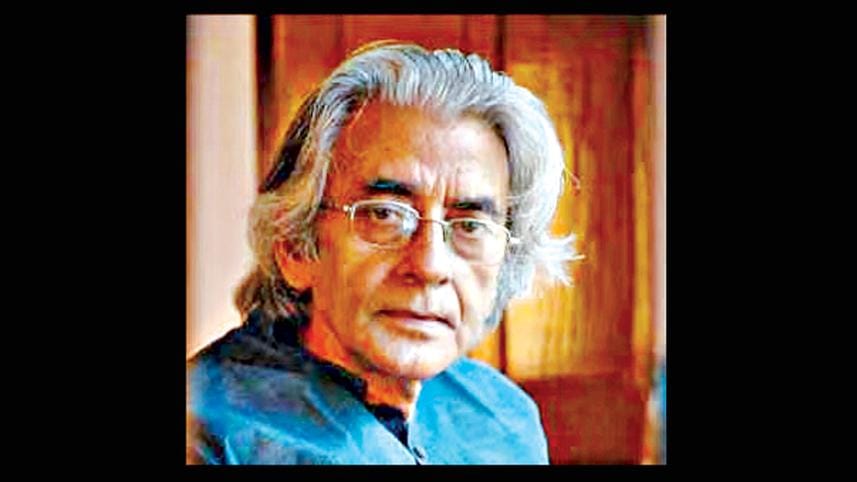Legendary voice of ‘Ami Banglay Gaan Gai’ no more

The music world mourns the loss of a truly remarkable figure, Pratul Mukhopadhyay, the legendary singer-songwriter who passed away on Saturday at the age of 83 after a prolonged illness. Forever etched in the hearts of Bengalis, he is immortalized by his iconic songs "Ami Banglay Gaan Gai" and "Dinga Bhashao Sagore," which continue to stir deep emotions. His music, intricately connected to the struggles and hopes of the common people, remains an enduring source of inspiration across generations.
Born on June 25, 1942, in Barishal, in undivided Bengal, Pratul Mukhopadhyay and his family relocated to India during the Partition, eventually settling in Chuchura in the Hooghly district of West Bengal.
West Bengal Chief Minister Mamata Banerjee, who was closely monitoring the artiste's health, was heartbroken by the singer's demise. She told Indian media, "His death has caused an irreplaceable loss to the world of Bengali music. As long as Bengali songs endure, 'Ami Banglay Gaan Gai' will continue to echo on the lips of Bengalis."
From an early age, Pratul composed music for poet Mangalcharan Chattopadhyay's poem "Ami Dhan Katar Gaan Gai." Although he didn't have any formal training, his song had a way of touching people's hearts.
Pratul's music was more than just an art form—it was a movement in itself. He rejected the polished, orchestral style of contemporary Bengali modern songs and the formal structure of Ganasangeet. Instead, he used his own body as an instrument—tapping his cheeks, clapping, and snapping his fingers—to produce a raw, organic sound.
Though his first album, "Pathore Pathore Nache Agun" (1988), was not a solo project, it marked his entry into the music scene. His first solo album, "Jete Hobe" (1994), reflected his minimalist approach, ensuring that the essence of his songs remained intact without overwhelming instrumentation. He also lent his voice as a playback singer for the film "Gosainbaganer Bhoot."
Pratul's illustrious discography includes beloved albums such as "Otho Hey," "Swapner Feriwala, Tomake Dekhechhilam," "Shoponpure," "Onek Notun Bondhu Hok," "Hajabarala," "Dui Kanur Upakhyan," and "Aadhar Name."
A man who shied away from the spotlight, Pratul found peace in solitude. His final album, "Bhor" (2022), marked the end of his musical journey. To honor the legendary artist, his body was placed at Kolkata's Rabindra Sadan cultural center on Saturday, allowing the public to pay their respects. Following a gun salute, his body was donated to SSKM hospital as per his last wish.



 For all latest news, follow The Daily Star's Google News channel.
For all latest news, follow The Daily Star's Google News channel.
Comments